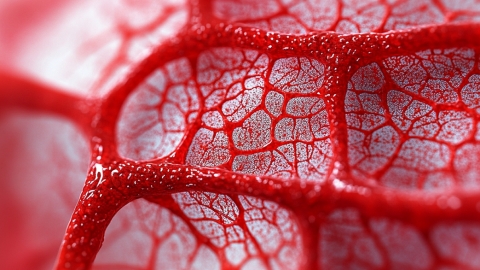Can small ischemic foci heal on their own?
Generally, small ischemic foci cannot heal spontaneously. Detailed analysis is as follows:

A small ischemic focus is a type of brain lesion, usually referring to localized insufficient blood supply to brain tissue, resulting in damage or death of brain cells within a small area. It may be caused by microvascular disease due to vascular occlusion, stenosis, or other factors. Small ischemic foci are organic diseases; the related brain tissue has already undergone ischemia, hypoxia, and necrosis, forming a softening focus. Therefore, the small ischemic focus itself cannot heal spontaneously. If not treated promptly, the condition may worsen, potentially leading to severe consequences such as hemiplegia and aphasia.
Additionally, when the ischemic focus is large or located in critical areas of vital organs such as the brain or heart, ischemia may lead to permanent tissue damage, requiring professional medical interventions such as thrombolytic therapy or interventional surgery. If the patient has uncontrolled chronic diseases like hypertension or diabetes, ongoing vascular damage can make the ischemic focus difficult to heal spontaneously, and may even lead to deterioration.
During treatment, patients should rest adequately and avoid strenuous physical activity to prevent additional strain on the brain and facilitate recovery.




